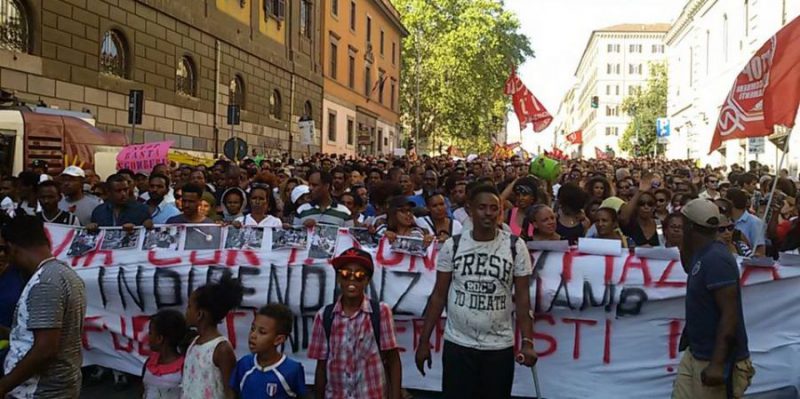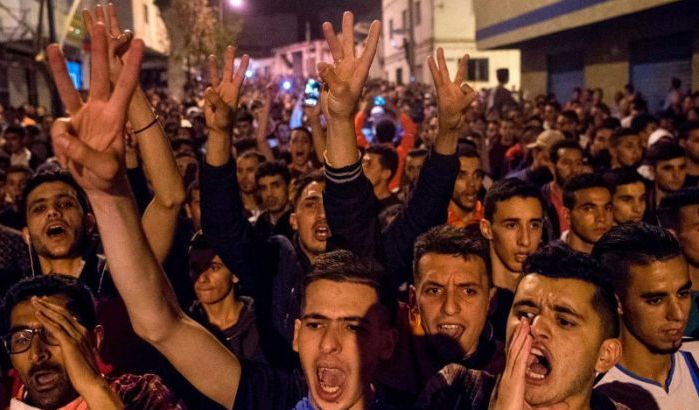Zum islamischen Fest Aid Al Adha im Jahr 1973 hat der marokkanische Staat unter König Hassan II. 16 Gefangene erschiessen lassen und eine mörderische Welle über Linke, neue Eliten und die bäuerliche Bevölkerung in einem linken Guerilla-Fokus im Mittleren Atlas folgen lassen. In den frühen 1970er Jahren war die marokkanische Linke bereits transnationalisiert, sie hatte Rückzugsgebiete, Unterstützungen und Ausbildungsorte in Spanien, Frankreich, Belgien, Libyen sowie Palästina. Die Repression 1973 erfolgte in Mittäterschaft der französischen Regierung.
Aus derselben Region im Mittleren Atlas war Anfang der 1930er Jahre der wichtigste bewaffnete Aufstand gegen den französischen Kolonialismus erfolgt. 2017 waren fast alle Jugendlichen der Anschläge in Barcelona und Umgebung mit Herkunftsfamilien aus eben dieser Region im Mittleren Atlas verwandtschaftlich verbunden. Größtenteils waren sie dort geboren, sind aber allesamt in Spanien aufgewachsen.
Diese Region im Mittleren Atlas gehört noch heute zum ärmsten Gebiet Marokkos. In den 2000er Jahren bildeten sich dort Protestbewegungen gegen die ausserordentlich hohe Kindersterblichkeit und gegen das Sterbenlassen im Mittelmeer. Die Gegend zwischen dem Mittleren Atlas und der Stadt Khouribga wurde damals wegen der zahlreichen Tode von Harragas aus der Region das „Dreieck des Todes“ genannt. Die politische Linke hat auch dort fast alles Terrain verloren.


